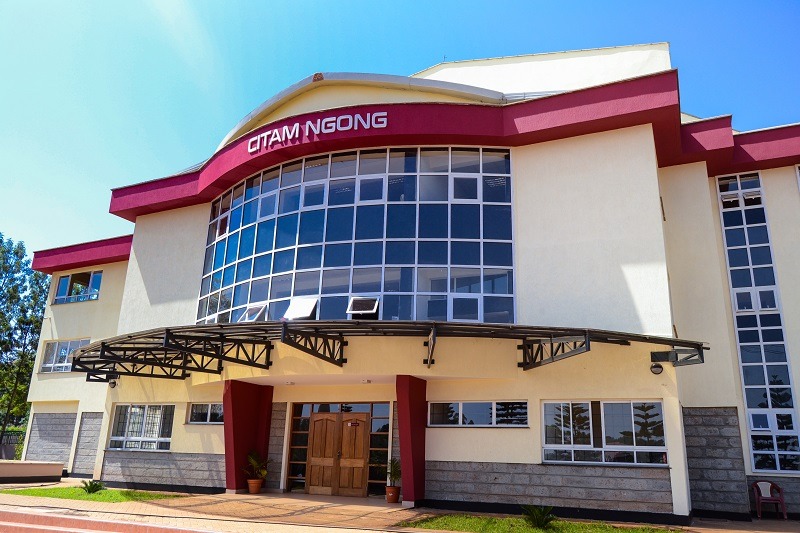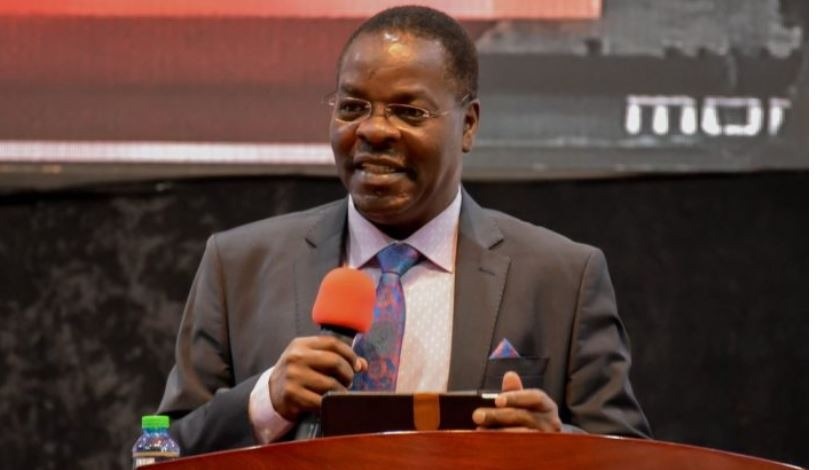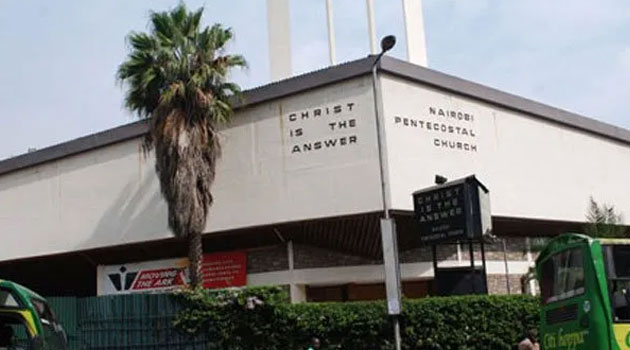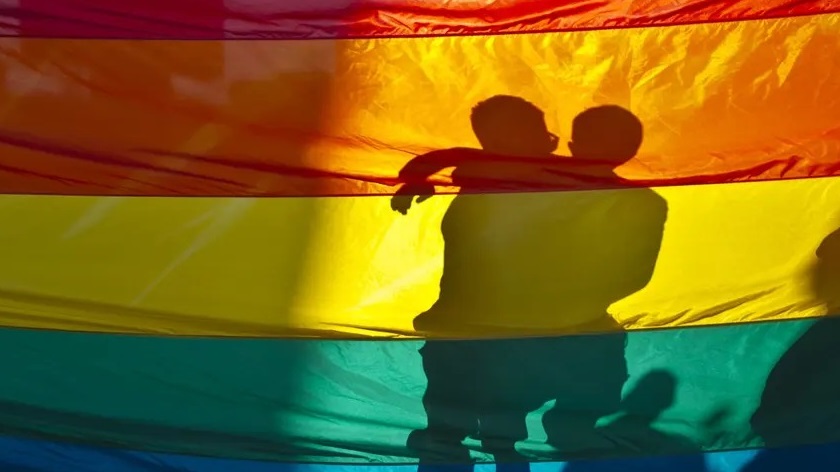The Nairobi-based CITAM Church has criticized the Supreme Court's decision on Friday to permit the LGBT community to form a lobby group.

In a statement released on Sunday, Bishop Calisto Odede of Christ Is The Answer Ministries referred to the decision as inconsistent.
Odede argued that the decision went against cultural norms and urged Kenyans and Christians to disagree.
The Presiding Bishop of CITAM said, "We encourage Kenyans of moral integrity to reject, resist, and fight this supreme court judgement as it would weaken our societal standards and values."
Did you read this?
Odede claimed the decision sets a negative precedent and that others who breach other social norms, as well as paedophiles, could apply for similar protection.

"This type of relationship is mentioned directly seven times in the Bible: Ge.19:1-11; Lev 18:22; 20:13; Judge 19:22–25; Roman 1:25-26; 1 Cor.6:9; and 1 Tim.1:9–10. All of these verses condemn homosexuality and instead portray it as wicked, abnormal, and twisted, the speaker said.
According to CITAM, the Church is eager to offer counselling and prayer to people battling homosexuality.
The Choice
In its decision on Friday, the Supreme Court upheld a conclusion by lower courts that the NGO Board's decision to deny an LGBT lobby group formal registration was unlawful.
The ruling by the Supreme Court came after the LGBT community successfully contested a board's appeal of a favourable High Court ruling in a request that originated from the Court of Appeal.
The board allegedly breached the right against discrimination by rejecting the suggested names, according to the Supreme Court.
The court concluded that the appellant's decision was discriminatory and that it would be illegal to restrict the freedom to associate by refusing to register an association solely on the grounds of the applicant's sexual orientation.

Nonetheless, the court emphasized that all individuals, regardless of sexual orientation—heterosexual, lesbian, homosexual, intersex, or otherwise—will face penalties if they violate current laws, comparable to several Sections of criminal codes, including sections 162, 163, and 165 of the Criminal Code.
The Criminal Code prohibits same-sex relationships.
Nevertheless, Justices Philomena Mwilu (DCJ), Smokin Wanjala, and Njoki Ndung'u dissented from the majority judgment in their separate decisions, as did Justices Mohamed Ibrahim and William Ouko.
The NGO Board's judgment, according to Ibrahim and Ouko, was not discriminatory and did not violate Article 27 of the Constitution (2010).
The two also asserted that the board could refuse to register any group if it does not meet specific legal requirements.









